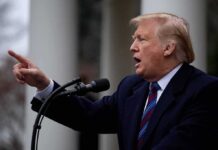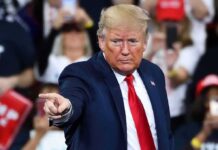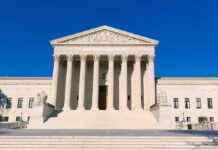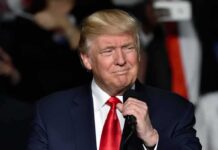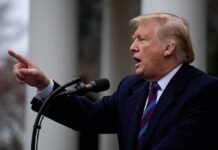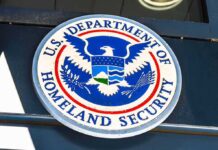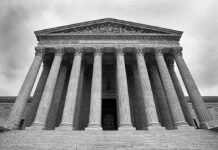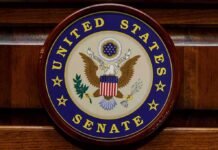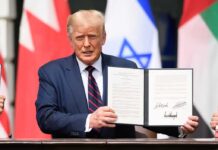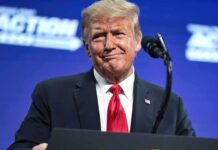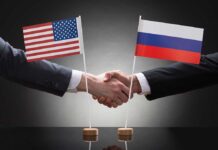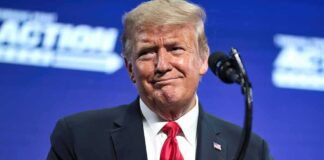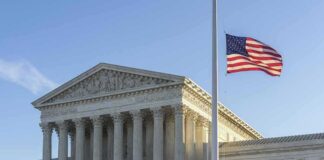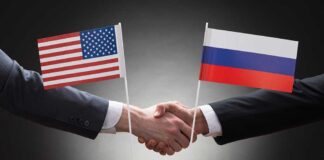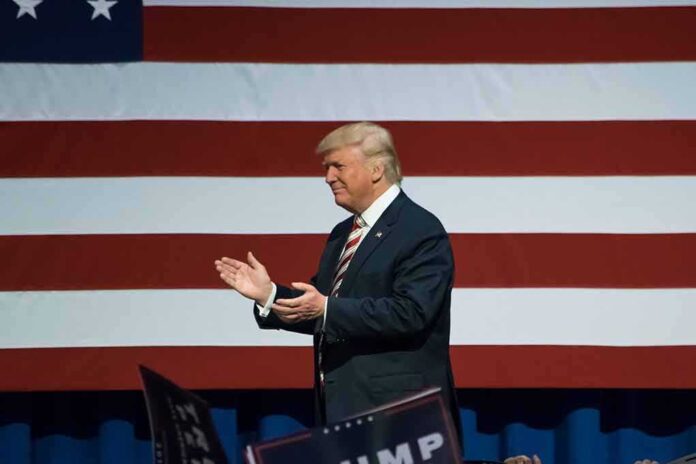
President Félix Tshisekedi of the Democratic Republic of Congo has offered the United States access to critical minerals in exchange for military support against terrorist-linked rebel groups, potentially reshaping global resource politics while countering Chinese influence.
Quick Takes
- Congo’s President has proposed a minerals-for-security deal giving the U.S. access to cobalt, lithium, copper, and tantalum in exchange for military assistance.
- The conflict in eastern Congo involves rebel groups with terrorist ties, including M23 rebels allegedly supported by Rwanda.
- A UN report indicated Rwanda has sent 4,000 soldiers to assist M23 rebels while exploiting Congo’s mineral resources alongside Uganda.
- This potential partnership would reduce Russian and Chinese influence in Africa’s resource-rich regions.
- The strategic minerals offered are crucial for U.S. technology, defense, and green energy industries.
Congo’s Strategic Mineral Proposal
President Félix Tshisekedi has extended a significant offer to the United States that could reshape geopolitical dynamics in central Africa. The Democratic Republic of Congo (DRC) leader has proposed giving the U.S. access to the nation’s vast critical mineral deposits in exchange for military support against rebel forces threatening the country’s stability. In correspondence with President Donald Trump, Tshisekedi outlined “mining opportunities for the U.S. Sovereign Wealth Fund” that would secure American access to strategic resources including cobalt, lithium, copper, and tantalum.
The proposed arrangement comes at a critical time when global competition for these minerals has intensified. Congo possesses some of the world’s richest mineral deposits, with resources vital to communications technology, electric vehicle production, aerospace applications, and defense systems. The offer includes a formal security pact that would enhance the DRC’s military capabilities while providing the United States with strategic resource advantages that could reduce dependency on other nations for critical supply chains.
The President of Congo just offered ownership of some of his country's $24 TRILLION minerals in a plea for President Trump to bring peace to the region.
"We think the United States of America, given its role and influence around the world, is an important partner to have and we… pic.twitter.com/1jSTI9eOkI
— Johnny Midnight ⚡️ (@its_The_Dr) March 20, 2025
Regional Conflict and External Influences
The eastern Congo conflict has complex historical roots tracing back to the 1994 Rwandan genocide. Following that tragedy, many Hutu extremists fled into Congo after being defeated by Tutsi forces led by current Rwandan President Paul Kagame. This migration set the stage for decades of instability that continues to plague the region. Today, powerful rebel groups control significant portions of eastern Congo, with many having documented ties to terrorist organizations including ISIS-affiliated entities.
A United Nations report has indicated that despite Rwanda’s denials, President Kagame sent approximately 4,000 soldiers to assist the M23 rebel group operating in eastern Congo. The same report suggests that both Rwanda and Uganda have been systematically exploiting Congo’s mineral resources, creating a complex web of conflict entangled with resource extraction. These dynamics have frustrated Congo’s attempts to establish sovereignty over its resource-rich territories and stabilize its eastern regions.
Geopolitical Implications
Tshisekedi’s proposal carries significant geopolitical implications beyond the immediate security concerns. U.S. involvement would potentially counter the expanding influence of both Russia and China in Africa. China has established a dominant position in Congo’s mining sector over the past decade, controlling significant cobalt and copper resources critical to global technology supply chains. Russia has similarly sought to expand its presence through military cooperation and resource extraction agreements across the continent.
By offering preferential access to strategic minerals, Congo is leveraging its natural resources to secure vital military support while potentially reshaping regional power dynamics. The proposal aligns with growing U.S. concerns about supply chain security for critical minerals, particularly as the defense and technology sectors face increased vulnerability due to concentrated resource control by strategic competitors. A successful partnership could strengthen American industrial capabilities while providing Congo with enhanced security capacity against destabilizing forces.
Economic and Security Considerations
The proposed minerals-for-security arrangement highlights the interconnected nature of economic and security interests in modern geopolitics. Congo’s vast mineral wealth, estimated to be worth trillions of dollars, represents a strategic prize in the global competition for resources. For the United States, securing reliable access to cobalt, which is essential for electric vehicle batteries and aerospace applications, presents a national security priority as the transition to green energy accelerates competition for resources currently dominated by China.
Meanwhile, Congo faces existential security challenges from rebel movements controlling territory and resources within its borders. The M23 group has captured significant portions of mineral-rich North Kivu province, threatening both civilian populations and national economic interests. President Tshisekedi’s administration views U.S. military assistance as crucial to restoring territorial integrity and ending the exploitation of Congolese resources by neighboring countries and non-state actors, creating the potential for a partnership that serves both nations’ core interests.
Sources:
War-Torn Congo Has a Deal for Trump: Kick Out Rebels, Get Minerals — Commodities Roundup
Congo president meets US lawmaker amid talk of mineral deal
Congo’s President Offers U.S. Lucrative Deal For Mineral Rights


